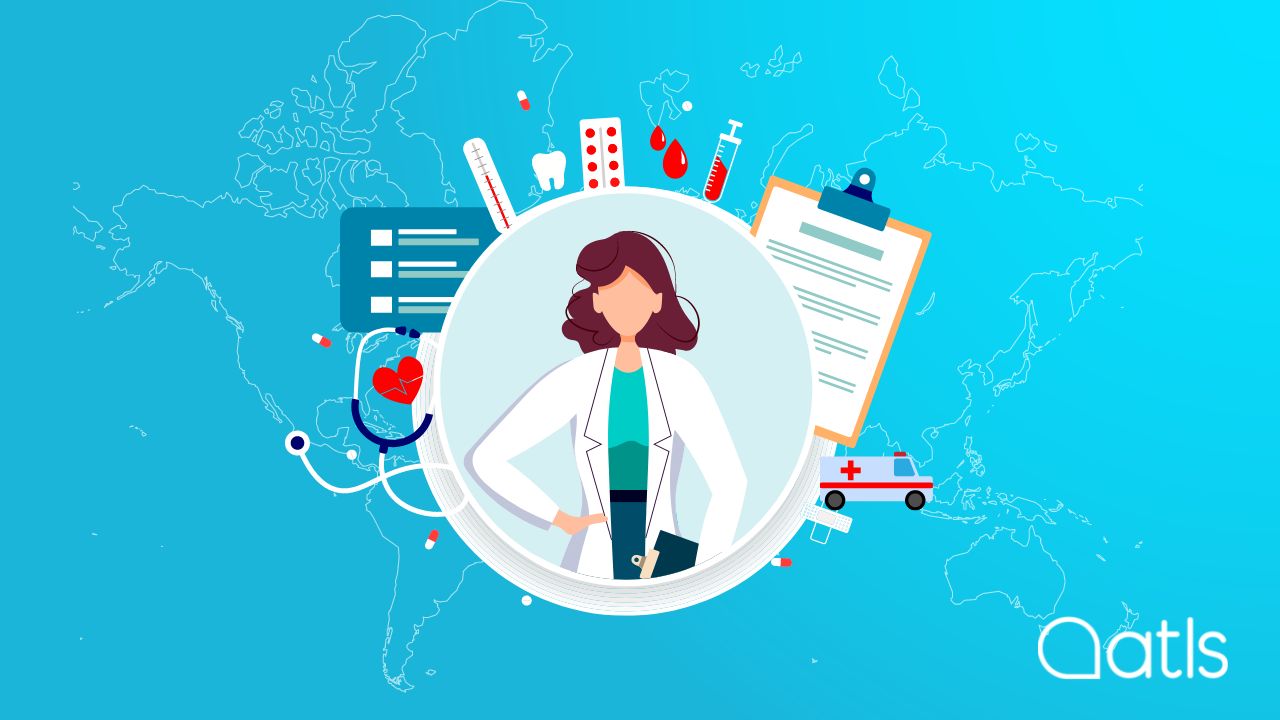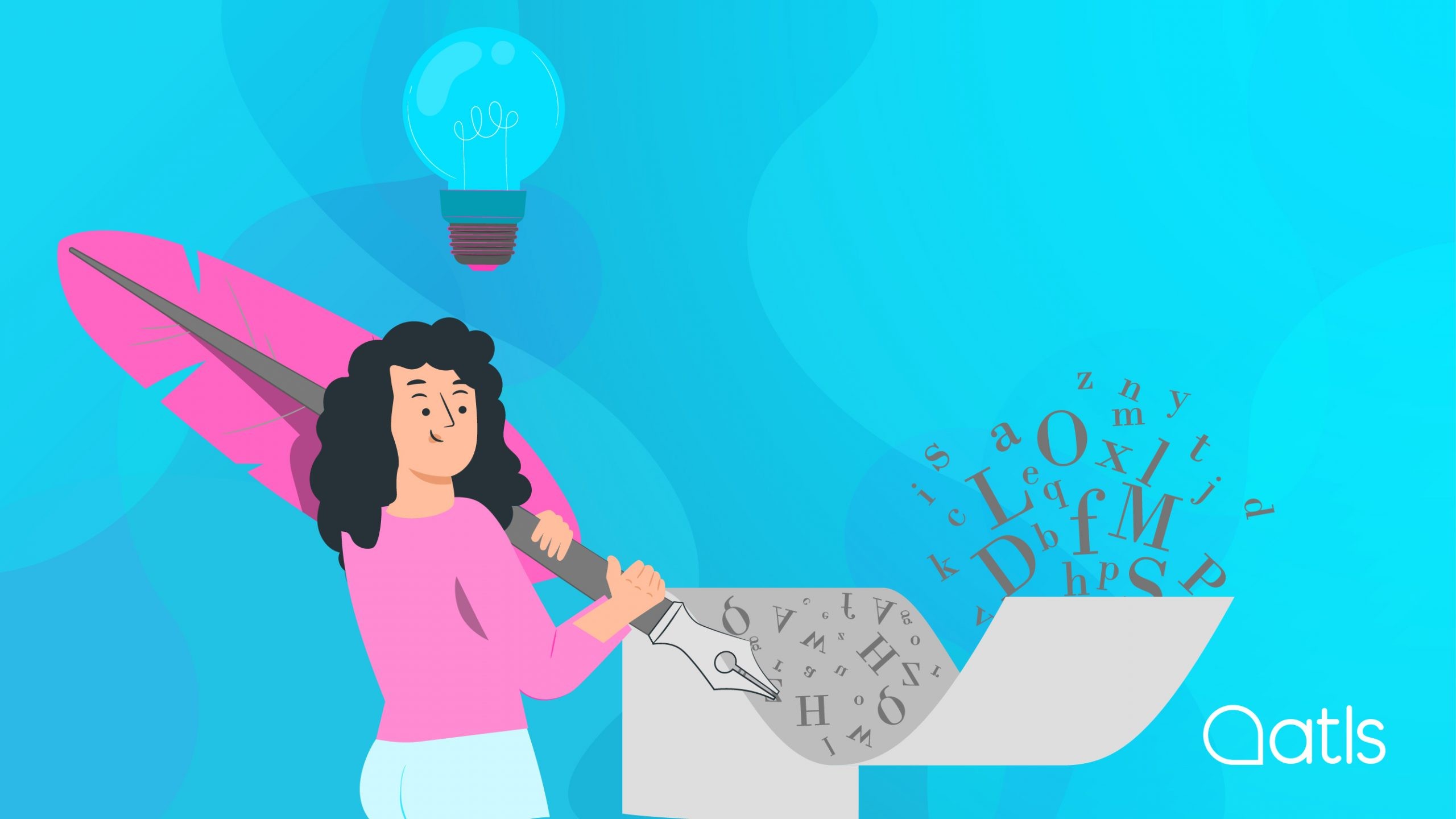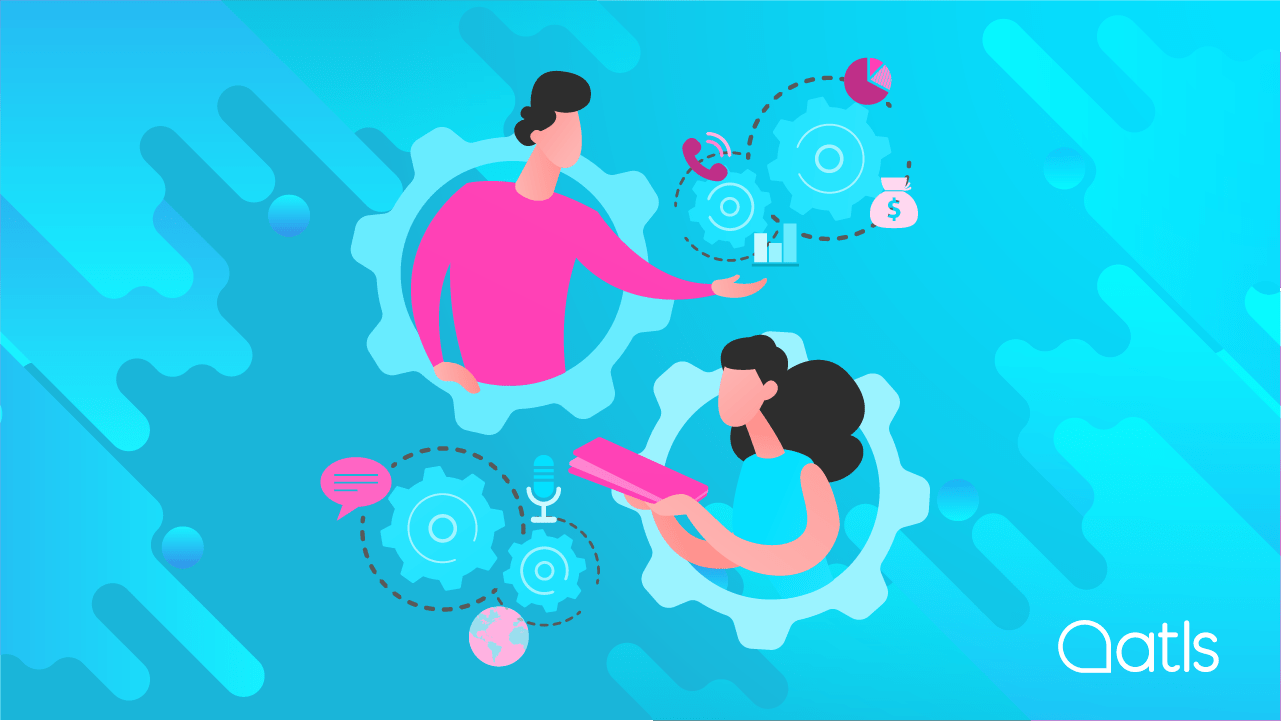What is medical translation?

What is medical translation and in which fields of healthcare is it useful? Medical translation refers to the translation of documentation related to pharmaceuticals and all the elements that make up the healthcare industry. The medical sector has a huge amount of responsibility towards its customers. A large amount of the content the industry generates is sensitive documentation that must be reviewed exhaustively in order to avoid any errors. Even preparing all the documentation the sector generates in the local language is difficult, so translating it into other languages is a process that goes beyond a word by word translation. The meaning of the source text must be preserved, and equivalents need to be found for the complex terminology the sector uses.
Discover the importance of medical translation
Why is medical translation so important in the medical sector?
Let's look at why medical translation is so important in the medical sector. In the field of medicine, progress is constantly being made. Every day new pharmaceutical products or medical devices are released and this information needs to be available internationally. In this case, medical translation plays a crucial role, as most countries around the world require all documentation and labelling of medical devices or pharmaceutical products to be translated into the official national language before it can be presented to the public. Thanks to medical translation, most of the medicines found in pharmacies have translated content so that patients can perfectly understand the information.
Fields and disciplines of medical translation
When we talk about medicine we're not just referring to a single field, but a wide range of specialist areas and disciplines (each extensive, and with its own challenges) which are all interrelated. Some of the main areas are:
- Biochemistry
- Dermatology
- Ophthalmology
- Genetics
- Dentistry
- Psychiatry
- Virology
When you think about all the diverse fields the sector encompasses, it's clear that the scope of the term "medical" is vast. So when it comes to translating materials from any of these different branches of medicine, it's important to put the translation in the hands of native professional translators who specialise in medicine, with experience in the particular area you're dealing with.
Medical translations: the use of complex terminology
A translator who works on a medical translation for the first time needs to grapple with specialist medical terminology. Although an exhaustive approach to research can help, if the translator doesn't specialise in the field they will come across issues of equivalence, interpretation, and use that vary across languages. It's also very easy to succumb to so-called "false friends" that are common between various languages, for example between Spanish and English.
A professional translator who specialises in medical translation will have the right experience to give them the skills to adapt the translation to the end purpose of the translation (professional field, area of training, disclosure, generalist, etc.) both linguistically and culturally.
What type of documents require medical translation?
When we talk about medical translation, it is very important to be meticulous with the terminology, as even a small error can cause confusion and possibly even lead to serious consequences for the patient. For this reason, it is essential that the translator has complete mastery over the medical and technical language used in this type of text.
As we have seen, medical translation encompasses a wide range of disciplines such as pharmacy, dermatology, dentistry, physiology, genetics, and ophthalmology. This is a very extensive field of translation that requires in-depth knowledge of the discipline in question.
Among all the content we translate at ATLS, here are a few examples:
- Medical records
- Medical supplies
- Reports for insurance
- Medical reports
- Medical records
- Medical files
- Clinical tests
- Scientific publications
- Scientific research
- Academic papers
As you can see there's a huge variety of documents that may need to be translated. And it's important that all these different types of translations are entrusted to professional specialist translators, given that so much is at stake: patient health, documents being accepted by the authorities overseas, or simply the resulting quality of the documents.
At ATLS, we offer medical translation services, where you can leave your translations in the hands of our team of specialist medical translators. We can help you with any project you need, so do get in touch with us!




